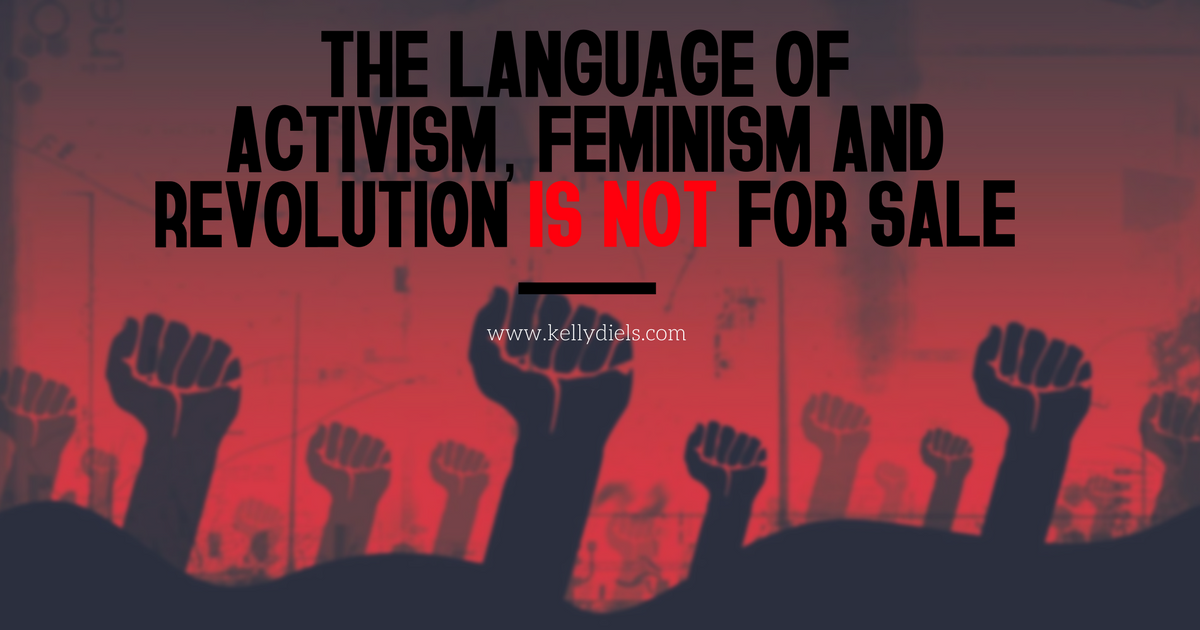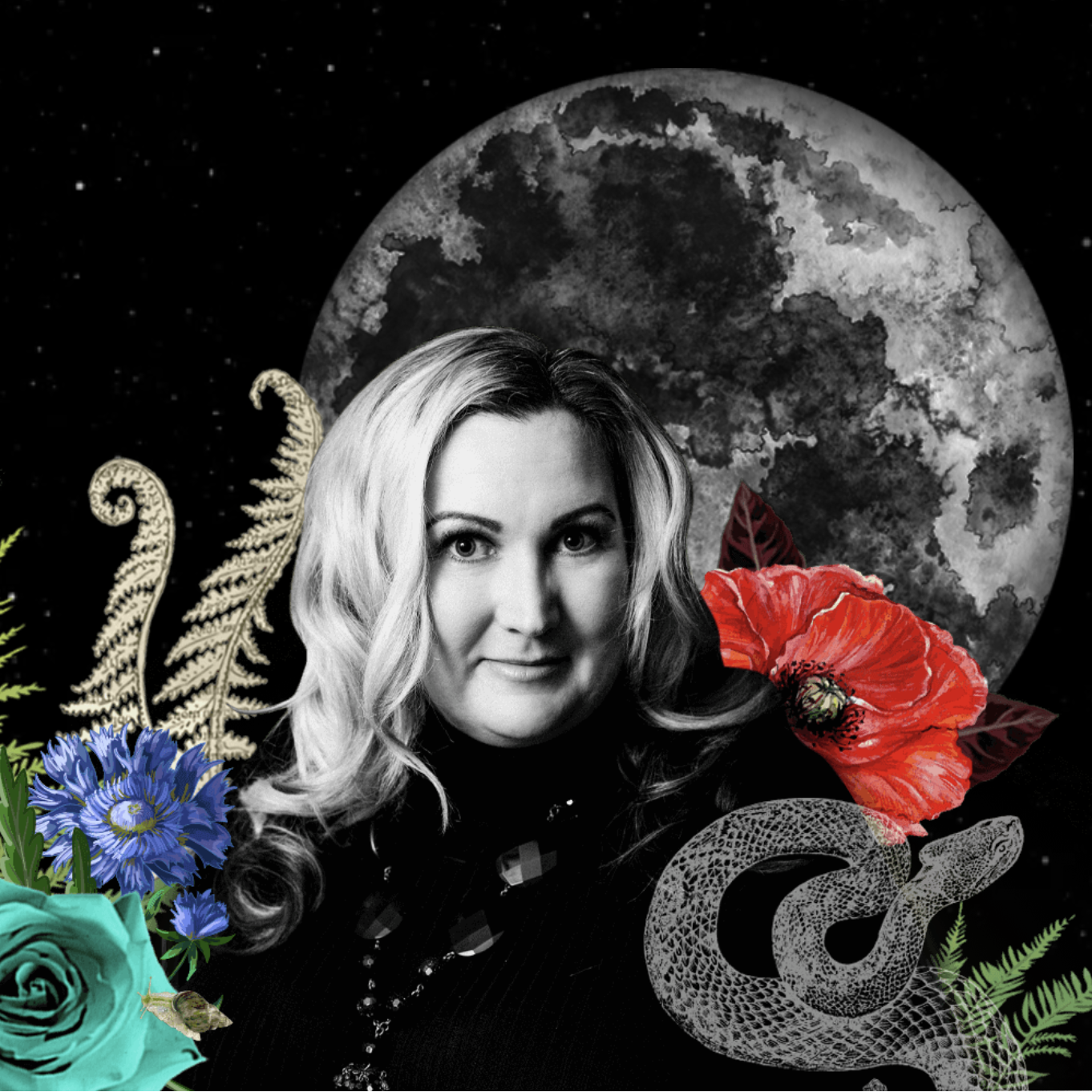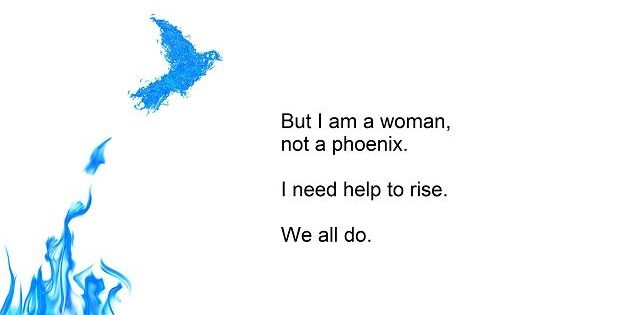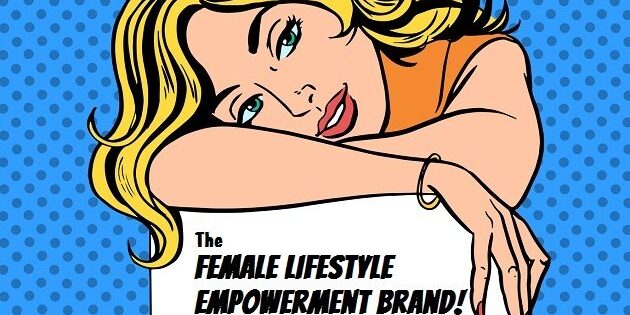
The Language of Activism, Feminism and Revolution is Not For Sale

I wrote a post a while back about some egregious marketing “don’ts” that I think are important for conscious, change-making entrepreneurs to reject and do differently.
I say this not from a place of personal preference, but from a place of evaluating the negative impact these marketing tactics have in our culture.
One of the no-nos I outlined was appropriating the language of revolution and activists.
I thought I’d explain more about where I’m coming from and what I’m hoping to accomplish with this boundary.
As marketers and entrepreneurs, our goal is to stand out. We’re all looking for marketing language that positions us as distinct, and political language can feel bold and edgy. I think that’s why using political world-changing language was a bit of a trend (I’m talking about things like a person selling weight-loss calling it “juice activism” and so on).
Here’s why we should exercise some caution around using giving ourselves the title of activist and using the language of feminism and revolution:
Because when we appropriate activism, we devalue the sacrifice and bloody efforts of true activists.
Someone who styles themselves a Smoothie Activist is probably not risking themselves the same way that Opal Tometi, Alicia Garza and DeRay Mckesson do and to put them in the same category — “activist” — devalues the work of activists who taking profoundly anti-establishment stances and do that while operating without privilege and without safety nets.
Caution: after reading that sentence, a good many of us who actually are doing activist work on the daily might feel like we’re not entitled to use the word “activist” or use feminist or revolutionary language in our platforms.
That’s not my intent, of course.
Here’s a litmus test.
- In your public platform, and in your programs and courses, are you explicitly connecting the problems your audience has to the larger socioeconomic and political context?
- Are you encouraging your people to do the same and take collective action, or are all your actions and trainings about individual mindsets and actions?
If you’re answering yes to those questions, you’re on solid ground to let that language speak through you.
The pivot is in the systemic analysis and the collective focus.
There are lot of ways to be an activist.
The immediate image that springs to mind is often of people marching in the streets, and that’s useful and important, but that is only one tool in the change-making toolbox. We each have gifts and strengths to contribute, and using yours in for a collective, political outcome can be activism.
So there are a LOT of ways your particular work can be activism and change-making.
There’s even a way in which a “Smoothie Activist” could actually be agitating and change-making in their personal platform. If they were raising consciousness about “food deserts” in poor urban neighbourhoods, for example, or how subsidies given to huge corporate farms incentivize the production of food with low nutritional value (and, and, and), then they would be doing a form of activism because they’re connecting the personal to the political. In conjunction with their smoothie recipes, they’re making a systemic analysis and encouraging us to do the same and act back on the systems over-determining us. That’s activism.
Here’s the key: activists aren’t individualists.
They believe profoundly in personal power and agency, yes; but they always, always, always organize and encourage collective action. To be an activist, you’ve got to be raising consciousness, making a systemic analysis, proposing and leading collective action or be part of a community organizing collective actions.
Pro tip: revolution is always illegal. Always. – Rachael Rice
So…brand positioning using revolutionary language and activism has to actually be embedded in some kind of systemic analysis, collective purpose and action. Otherwise it’s just appropriation and it devalues the activism of people making incredible sacrifices to do it.
And this is one of the reasons pop-culture feminism and The Female Lifestyle Empowerment Brand feel so bankrupt — because a lot of our women leaders are using feminist positioning while not actually contributing feminist analysis, doing feminist work, or organizing collective action.
For example, empowerment — a word that emerged from a very specific liberation context — was used in a very thick way to describe the social conditions in which people are no longer hindered by oppression and discrimination and free to make their own unfettered choices. When people used the word, it was a signal for us to get to work to create those conditions. It raised consciousness about all the ways we could intervene in the social determinants of power and freedom. The unit of analysis was the social.
But now empowerment been collapsed into a word that gets used like a synonym for wealth or success and used as a call to get yours — so much so that it’s becoming meaningless. The unit of the analysis is the individual.
Now, if someone uses empowerment to mean ‘social conditions and social analysis and collective action’, it’s likely that the audience hears ‘personal striving and self-actualizing’.
Both are important — but now the collectivist, activist peeps have lost the language they invented to the individualist mainstream they’re trying to change.
It contributes to a post-fact world where reality is just what the most powerful and popular say most loudly, most often.
This is how change-making gets co-opted and de-activated and it’s super important for us to remain purposeful and activated.
So I’m urging all of us to be precise with the language we choose and to avoid appropriating terms that don’t truly apply to our work, so that the words still mean something and so that the people who’ve earned those titles can wear them.
Change isn’t a pose and empowerment isn’t a brand.



